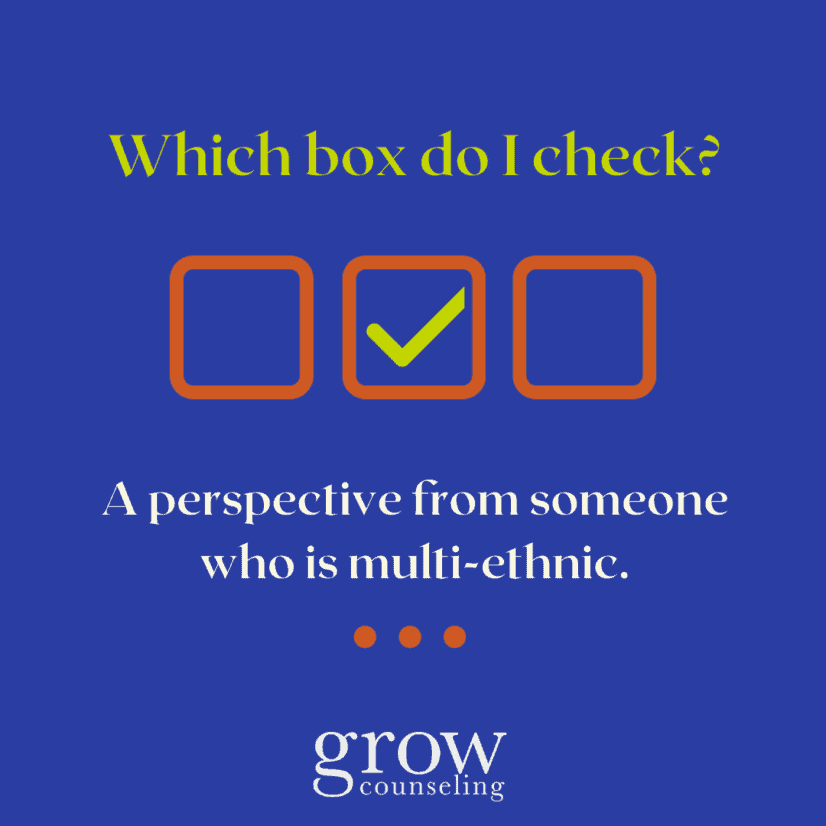Empanadas might honestly be my favorite food in the world. They remind me of my childhood and hearing my Abuela talk about life in Colombia.
Growing up, I called one of my grandmothers “Abuela” and the other “Gran.” I remember kids in my class asking me why I called my grandmother Abuela. I always said, “well that’s her name.” It wasn’t until I was older that I realized it was because my grandmother is from Colombia and that is the word for grandmother in Spanish.
Holidays always involved a fun array of food in my family. We would go to Thanksgiving at my Aunt’s house and have arepas, empanadas, Spanish rice and flan. Later on we would celebrate with my other side of the family and have corn bread, collard greens, turkey and mac and cheese.
I remember being in elementary school and taking standardized tests and having to check off my race and ethnicity. Sometimes I could check all that apply, other times I would have to choose one option. I remember wondering which box truly fit me — did I choose White or did I choose Hispanic?
I love my family and I love where I come from. We can’t choose our family, but if we could I would not choose differently. As a teenager I remember friends calling me “exotic” or telling me I looked Mexican in the summer because my skin tanned so easily. People never seemed to remember that my family was not in fact from Mexico. I remember being in middle school and having a boy in my class tell me that Colombia is known for their drug trade and ask if my family were legal immigrants. I remember people mispronouncing my last name all the time and people assuming I was adopted when I was out with my White mother.
I don’t think it was until I was older that I realized I internalized all of these experiences and felt different than my blonde blue eyed friends. Being biracial, I have often felt like I have straddled two worlds. I have the privilege of presenting as White, while also not being wholly White.
While I cannot speak for all multiethnic individuals, nor can I speak to the experience of other races, I want to share my experiences so that others can take what I have learned and continue to support their friends and family who are multiethnic.
Here are a few helpful tips for people who have biracial or multiethnic friends and want to be sensitive while not being ignorant of the struggles their friends face.
- Take Time to Educate Yourself – If your friend is from a particular culture, learn about that culture! Research and take the time to learn. It shows that person that you care enough about them to put in the time and effort to learn about this part of their life.
- Ask Questions – Ask your friend if you can sit down with them and have a conversation with them about their family. See if they would feel comfortable if you ask them questions.
- Learn How to Ask – I cannot count the number of times someone has asked me “What are you?” Every time I want to reply “human.” What does that even mean? The important thing to note here is that when you are asking someone about their culture, phrase the question in such a way that it does not sound degrading, but rather an intellectual question. Try asking “What is your heritage?” instead.
- Discuss Stereotypes versus Differences – I think there’s a difference between believing stereotypes about a culture or race versus recognizing inherent differences.
- Recognize your Privilege – We all have privileges. Some are tied to race, while others are tied to gender or socioeconomic status. Take the time to reflect on your own privilege and ask yourself “What areas of privilege do I have and how does that influence my view of others?”
Written by: Brenley Martinez

